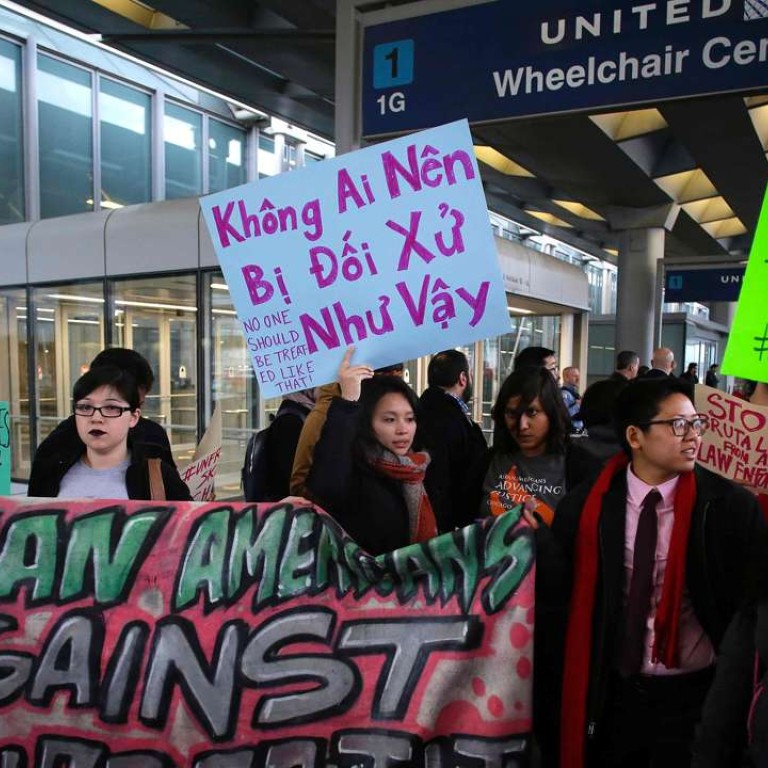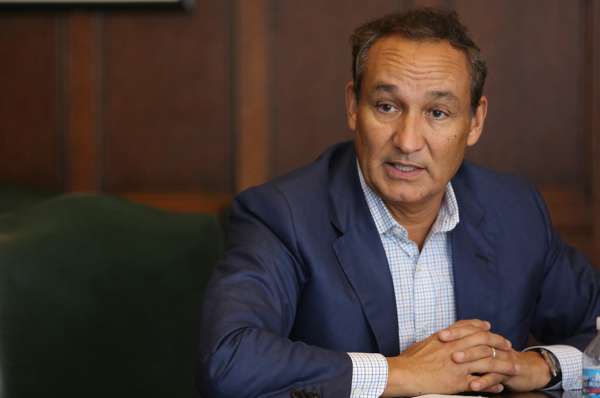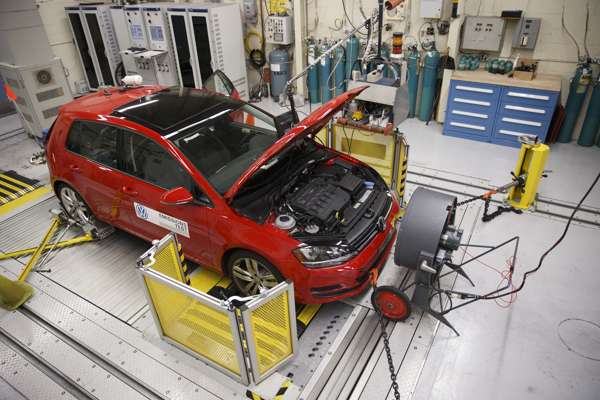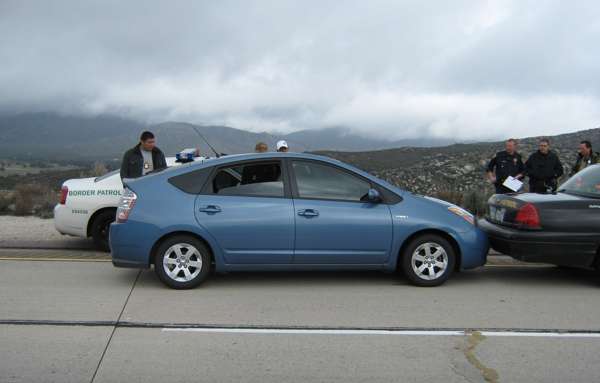
Opinion: There is life after a scandal for the atoning miscreant
As corporate misdemeanours have shown time and again, customers are willing to forgive and forget if they see visible, quantifiable change after a scandal. They demand that those in charge take responsibility.
Now that the dust has begun to settle, does it mean that United Airlines has been mortally wounded by the fiasco surrounding the forcible ejection of a fare-paying customer from one of its flights?
Many people took to the internet to declare that they will never, ever fly with United.
But history suggests that this determination to punish an errant company can be overcome. Companies have not only recovered, but even flourished in the aftermath of scandals.
This may even happen over at United, although the way this affair was initially handled gave the impression that the airline either did not care, or had no idea what it was doing.

Usually heads need to roll in these circumstances but, at least for now, United is resisting moving in that direction; its CEO has merely volunteered not to automatically assume the role of chairman.
This underwhelming gesture is unlikely to work. The company will just need to learn that taking responsibility requires greater sacrifice.

Remember this was a scandal involving 11 million cars that had been fitted with software to provide false data in emission tests. There was absolutely no way for the carmaker to bluff its way out of this. At one point the value of VW’s shares plunged by 40 per cent over two weeks, buyers deserted the brand in droves and severe job cuts were made to keep the carmaker on the rails.
However, a hefty US$10 billion settlement was reached with the United States government within a year, additional financial compensation was made in other jurisdictions and customers received direct payments.

However it is clear that the brand has not been irrevocably tarnished and customers are showing a readiness to give VW a second chance.
It might be argued that this is because consumers have short memories; that would be the cynical point of view, but it could also be argued that people appreciate what VW has done to learn the lessons of the debacle.
This less cynical assessment of the recovery from scandal process is given credence by a 2015 University of Sussex study of 80 corporate scandals in the United States involving the disgrace of the chief executive for reasons ranging from sexual affairs to white-collar crime.
Understandably these companies were hit with immediate backlash, resulting in an average 9.5 per cent share price fall in the month the scandal was unearthed.

Whereas the misdemeanours of a chief executive will affect corporate reputation, they are not quite the same as scandals, such as those at United and VW, which directly impact consumers.
So, is it the case that problems of this kind are more damaging?
To answer the question, let’s look at the scandal that hit the carmaker Toyota in 2010. Do you even remember what it was about, or indeed does anyone care?
For the record, it involved the recall of 8.5 million Toyota and Lexus vehicles because of problems with the accelerator pedal that led to fatalities.
Far less life-threatening, but more widespread was the backlash after Apple added a U2 album to 500 million iTunes users’ libraries without consent.
The U2 album went on to become a record bestseller and Toyota brands are back on the bestselling car lists.
So there is life after scandals, unless, as United demonstrated in its initial response, the company concerned has some kind of unwitting death wish.
People are not stupid; they need to see visible and quantifiable change. They demand that those in charge take responsibility and, at the end of the day, they will come back and buy products that give real value for money, just like they do the rest of the time.
Stephen Vines runs companies in the food sector and moonlights as a journalist and a broadcaster

